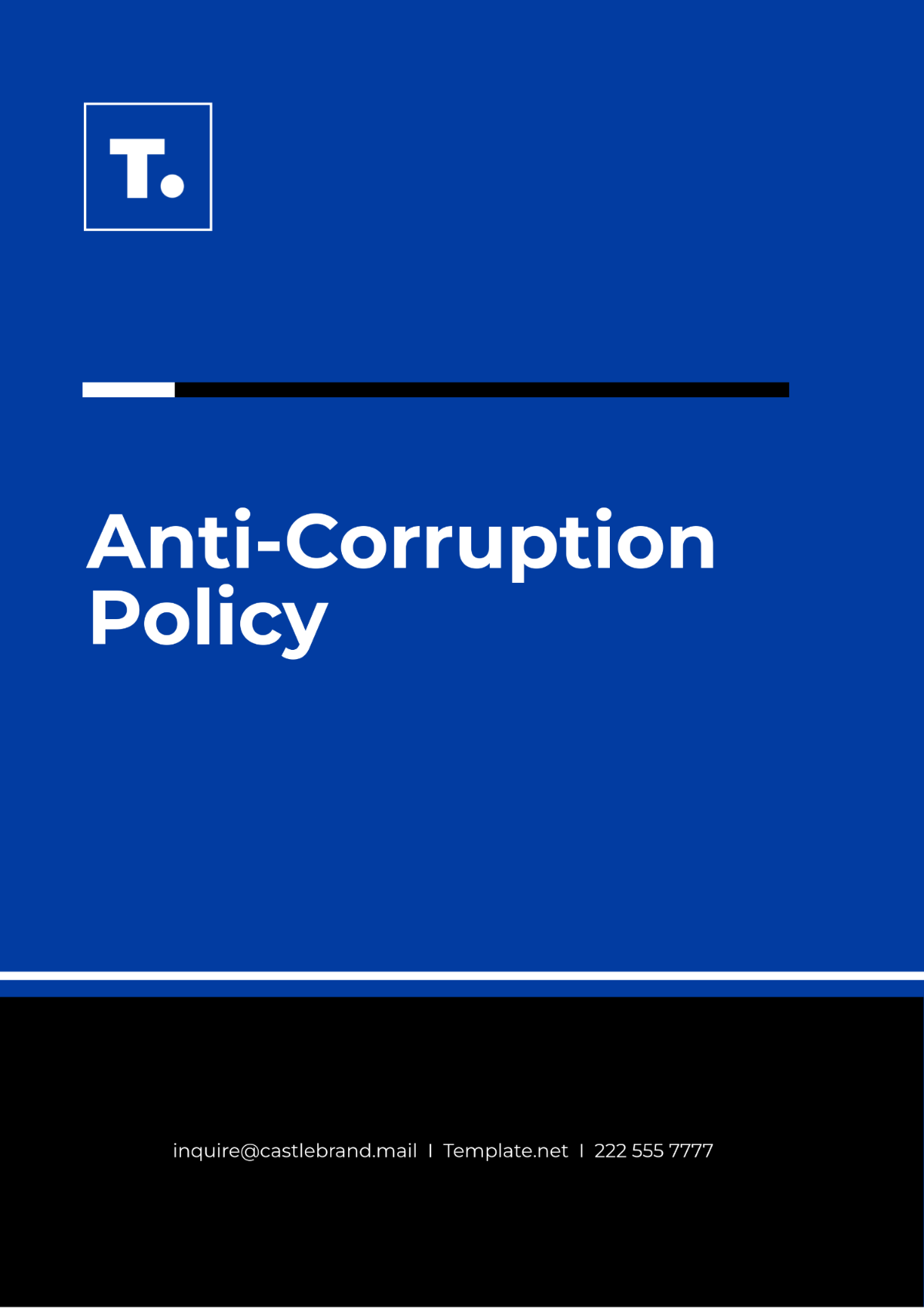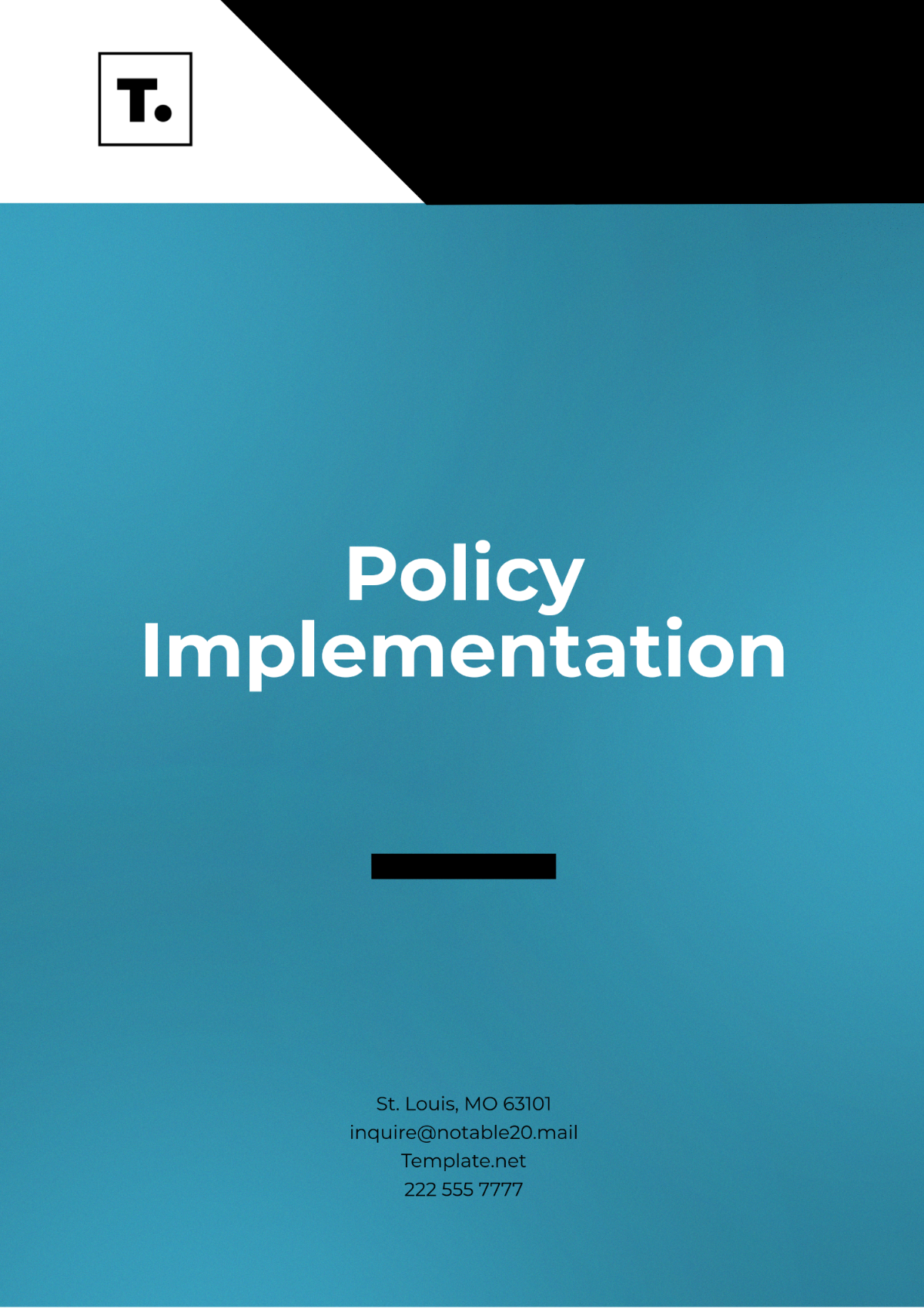Policy Research Case Study
Address: [YOUR COMPANY ADDRESS] | Department: Policy and Research Department
I. Introduction
The transition towards renewable energy has become a cornerstone of contemporary environmental policy. Germany, as a global leader in renewable energy adoption, serves as an exemplary case study for examining the impacts of renewable energy policies. This research aims to comprehensively analyze the economic, social, and environmental outcomes of Germany's renewable energy initiatives.
II. Background
Germany's Energiewende, or energy transition, represents a major governmental strategy to shift from fossil fuels and nuclear power to renewable energy sources. The goal is to reduce greenhouse gas emissions by promoting the use of wind, solar, and biomass energy. The key policies include the Renewable Energy Sources Act (EEG), subsidies, and incentives for renewable energy projects.
III. Policy Framework
Policy | Description |
|---|---|
Renewable Energy Sources Act (EEG) | A law designed to promote renewable energy and ensure a stable renewable energy market. |
Feed-in Tariffs | Financial incentives provided to renewable energy producers for the electricity they generate. |
Energy and Climate Fund | A fund established to support renewable energy projects and climate protection measures. |
IV. Economic Impact
Job Creation: The renewable energy sector in Germany has created approximately 300,000 jobs.
Investment Increases: Investment in renewable energy has surged, with billions dedicated to new projects.
Cost Reductions: Technological advancements and economies of scale have led to substantial cost decreases in renewable energy production.
V. Social Impact
Energy Security: Increased reliance on domestic energy sources has enhanced national energy security.
Public Health: Reduced air pollution has positively impacted public health, decreasing respiratory illnesses.
Community Engagement: Local communities are increasingly involved in renewable energy projects, fostering a sense of ownership and responsibility.
VI. Environmental Impact
Emission Reductions: Significant reductions in CO2 emissions have been recorded, contributing to global climate goals.
Biodiversity Protection: Renewable energy policies have promoted sustainable land use and biodiversity conservation.
Resource Management: Improved resource management has been observed, with a focus on sustainable practices.
VII. Challenges and Criticisms
Despite the successes, Germany's renewable energy policies face several challenges:
Intermittency Issues: Renewable energy sources like wind and solar are intermittent, requiring backup systems for stability.
High Costs: The initial costs for renewable energy infrastructure remain high, impacting affordability.
Grid Integration: Integrating renewable energy into the national grid presents technical and logistical challenges.
VIII. Conclusion and References
A. Conclusion
Germany's renewable energy policies have had a substantial impact across various sectors. While economic, social, and environmental benefits are evident, the challenges must be addressed to sustain the momentum. Continued innovation, investment, and public support will be crucial in realizing the full potential of renewable energy.
B. References
Smith, J. (2058). Renewable Energy Policies in Germany: A Case Study. Environmental Policy Journal, 45(3), 203-217.
Klein, M., & Schultz, H. (2060). The Economic Impact of Energiewende. Economic Studies Quarterly, 59(4), 312-329.
Environmental Agency Germany. (2062). Annual Report on Renewable Energy Progress. Retrieved from https://www.umweltbundesamt.de/en.

















































